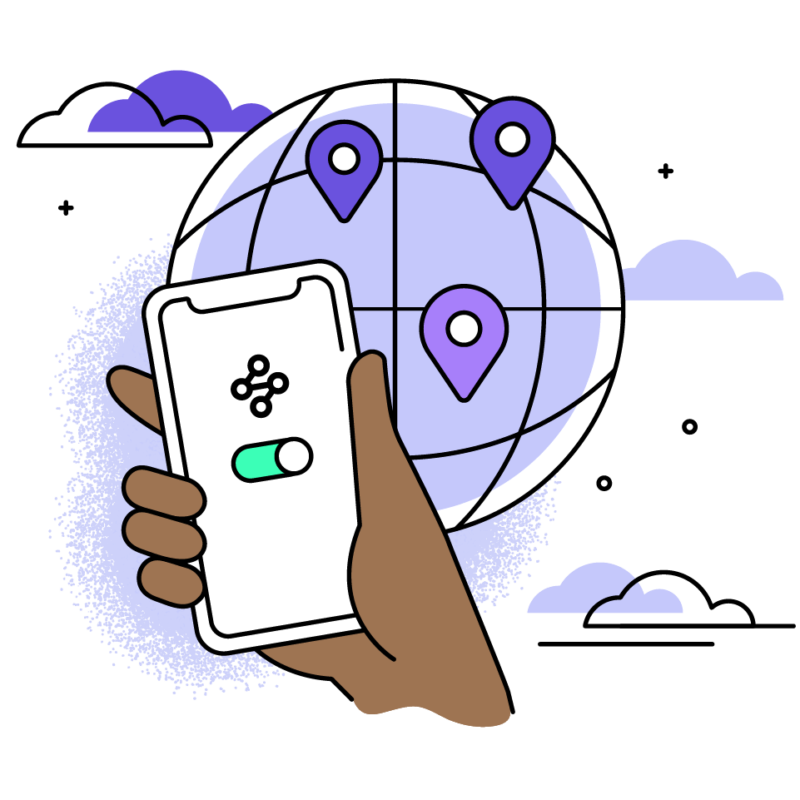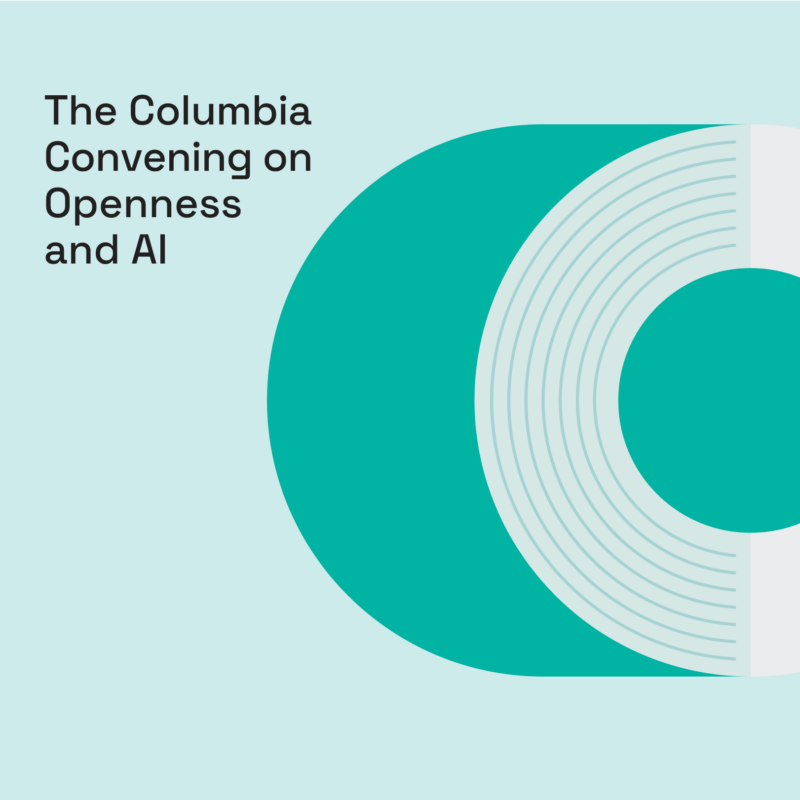It’s been a hell of a year so far for data privacy. Apple has been launching broadsides at the ad-tech industry with each new big privacy feature unveiling. Google is playing catch-up, promising that Android users will also soon be able to stop apps from tracking them across the internet. Then there’s WhatsApp, going on a global PR offensive after changes to its privacy policy elicited consumer backlash.
There’s no doubt about it, digital privacy is shaping up as the key tech battleground in 2021 and the years ahead. But how did this happen? Wasn’t digital privacy supposed to be dead and buried by now? After all, many tech CEOs and commentators have told us that a zero-privacy world was inevitable and that everyone should just get used to it. Until recently, it would have been tough to argue that they were wrong.
Over the last 18 months, events have conspired to accelerate this shift in public attitudes towards privacy from a niche concern to something much more fundamental and mainstream. In the process, more people also began to see how privacy and security are inextricably linked.
The abrupt shift to remote working prompted by COVID-19 “stay at home” orders globally was the first crank of the engine. Many of us have had to use personal devices and work in less-than-secure home environments, exposing vast swathes of corporate data to greater risk.
The result has been something of a crash course in cybersecurity for all involved. Workers have had to navigate VPNs in order to access their company networks and learn how to keep their employer’s data safe. Those that didn’t suffered the consequences. In August 2020, MalwareBytes reported that 20% of organizations had had a data breach due to remote working.

Mozilla VPN, a Virtual Private Network from the makers of Firefox.
Protect all your devicesWith home working here to stay in some form at least, employees must now be kept updated on cybersecurity best practice to ensure their networks stay protected. This should seep into people’s own online habits, prompting them to be more cautious and to adopt better everyday security hygiene.
Then there was the COVID-19 public health response, with contact tracing apps and vaccine passports putting health privacy front of mind. Their introduction raised thorny questions about how to balance managing the spread of the virus with respecting data privacy. In the UK, privacy fears forced the government to scrap the original version of its contact tracing app and switch to a decentralized operating model.
As mass vaccinations roll out, attention has since turned to vaccine passport apps. In New York, the Excelsior Pass controversially uses private blockchain technology leading to criticism that developer IBM and the state government are hiding behind the blockchain gimmick rather than genuinely earning the trust of the public to protect their information. As a result, the Linux Foundation is now working to develop a set of standards that protects our privacy when we use these apps. This is a significant step forward and provides a baseline for digital privacy protections that could be referenced in the development of other apps.
It’s not just the pandemic that has opened more eyes to privacy issues. Over a tumultuous summer, law enforcement agencies across the U.S. flaunted surveillance powers that brought home just how flimsy our privacy protections truly are.
At the peak of the Black Lives Matter protests, authorities were able to identify protestors via facial recognition tech and track them down using phone location data. To combat this, major news outlets like Time and human rights organizations such as Amnesty International published articles on how we can protect our digital privacy while protesting. The encrypted messaging app Signal even developed an anti-facial recognition mask which they distributed to Black Lives Matter protesters for free.
Finally, moves from Apple over the past year have really hammered home the growing demand for protecting our personal data. The introduction of privacy labels to the App Store means we can now get an idea of an app’s privacy practices before we download it. The iOS 14.5 update also made app tracking opt-in only. A whopping 96% of U.S. users chose not to opt-in, showing just how much consumer behaviour is changing. Needless to say Google has followed suit in some regards, announcing its own version of privacy labels to come next year for Android owners.
This last point is important. Big tech companies have the power to force each other’s hands and shape our lives. If they continue seeing that digital privacy can be profitable, then there’s a great chance it’s here to stay.
Looking back to 2018 when the Cambridge Analytica / Facebook scandal broke, digital privacy was on life support, hanging on by a thread. That shocking moment proved to be the tipping point when many people looked up to see a less private and less secure reality, one which they didn’t want. Since then, many tech companies have found themselves firmly in the sights of a Congress looking to take them down a peg or two. States, led by California, began enacting consumer privacy legislation. Meanwhile in Europe, the introduction of GDPR has been an opening salvo for what strong international consumer privacy protections can look like. Countries like India and Kenya have also begun to consider a data protection law, impacting the privacy of over a billion users on the internet.
But what can we do to demand more for our digital privacy? A good place to start is by using alternatives to big tech platforms like Google, Facebook and Amazon. Switching from Google Chrome to a privacy-focused browser like Mozilla Firefox is a good first step, and maybe it’s time you considered deleting Facebook for good. Until these platforms clean up their act, we can take action by avoiding them all together. We can also ask our local senators and representatives to vote for legislation that will safeguard us online, such as the Fourth Amendment is Not for Sale Act. The Electronic Frontier Foundation runs numerous campaigns online to help us do this and you can get involved via their Action Center.
It’s the combination of companies protecting their bottom lines, pressure from regulators, and extraordinary societal moments where we are seeing a turning point in favor of consumer privacy, and there is no going back. As consumers of technology, we must never take these privacy gains for granted and continue pressing for more.
Callum Tennent is a guest opinion columnist for Mozilla’s Distilled blog. He is Site Editor of Top10VPN and a consumer technology journalist as well as a former product testing professional at Which? Magazine. You can find more information about him here and follow him on Twitter at @TennentCallum.



